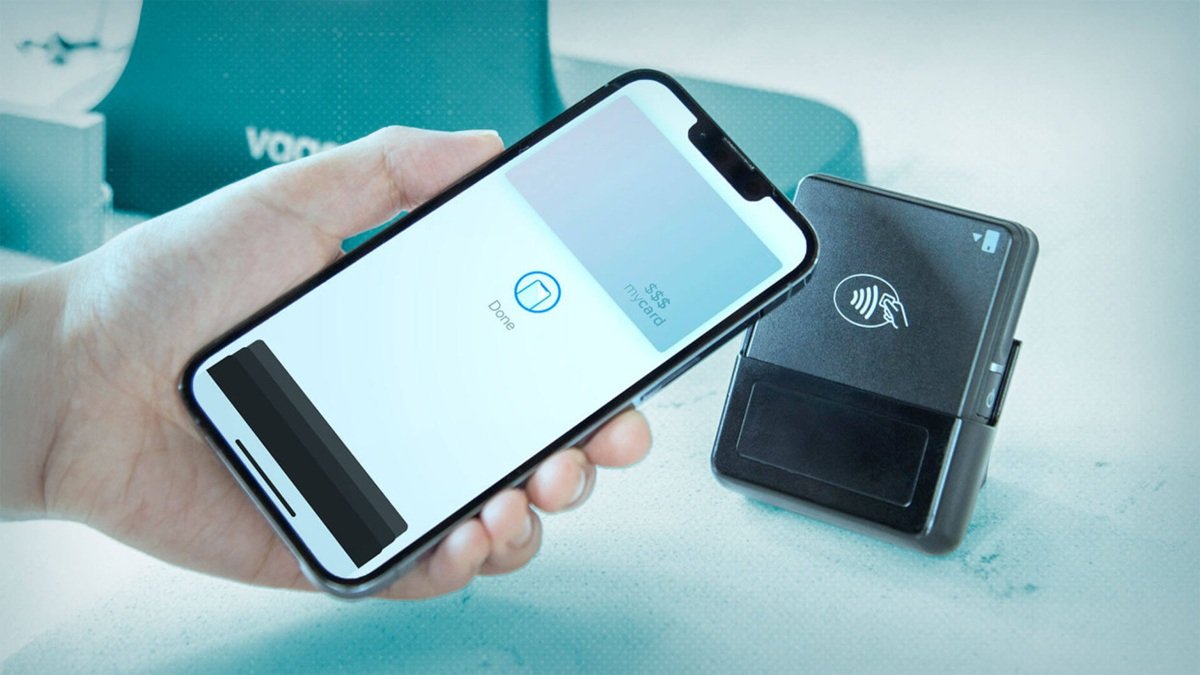Refat Al Karmi, Senior Consultant for META at Juniper Networks, emphasises that reliable Wi-Fi is as crucial as store cleanliness and staff friendliness for customer experience. High-performance Wi-Fi supports operational efficiency, customer satisfaction, and enables advanced in-store technologies.
Wi-Fi has become just as crucial to the customer experience (CX) as the cleanliness of a store, the good stocking of shelves, or the skills and friendliness of sales staff. The slightest connection problem can affect operational efficiency and customer satisfaction. While there is still room for improvement in store connectivity, retailers need to rethink its importance in converting visitors.
An optimal in-store Wi-Fi network becomes a real customer need
A reliable, high-performance Wi-Fi connection is now considered an indispensable element of the in-store customer journey. Once connected, shoppers use it to compare prices, study product features or check availability and delivery conditions. While the need for connectivity applies to virtually all in-store experiences, it is particularly essential when purchasing products that require customers to do further on-site research.
Consumers activate their Wi-Fi connection to connect to networks along the way. Not only does Wi-Fi enable them to preserve their mobile internet plan, it also avoids any frustration linked to the unavailability of mobile data in-store. Some retailers are also taking advantage of the opportunity to install recharging stations to improve customer satisfaction, extend the time they spend in-store and enable more detailed pre-purchase research.
The use of an in-store application brings several advantages for customers. It provides enriched experiences thanks to augmented reality (AR) functionalities, such as virtual fittings, simplified access to loyalty offers, vouchers, self-service checkouts or order collection. The app also includes geolocation assistance that enlightens customers about store layouts, informs them about available stock and directs them to the products they are looking for. A high-quality, secure Wi-Fi experience is therefore an essential factor in brand loyalty, which can quickly turn into frustration in the event of a malfunction.
Streamlined management of operational requirements
In addition to its ability to deliver optimized customer experiences, reliable Wi-Fi plays a crucial role in the operation of stores and the company as a whole. For example, sensors placed in fresh and frozen food sections can continuously monitor temperatures to maintain the cold chain, while network-integrated scanners and mobile devices can provide real-time data for accurate inventory management.
Employees, regardless of their location on site, benefit from seamless collaboration thanks to videoconferencing tools (Zoom, Teams) and can conduct effective remote meetings. Finally, retailers can go one step further with technologies such as RFID tagging, to simplify stock management, real-time monitoring, behavioral analysis or video analysis, associating the shape of an item with its scanned tag at self-service checkouts.
With the exponential growth in the number of connected users, devices and sensors, and the volumes of data being shared, retailers are becoming increasingly dependent on Wi-Fi. Retailers can integrate mobile applications, digital billboards, electronic labels, augmented physical spaces to better target advertising and promotions to consumers. As for employees, Wi-Fi enables them to use tools better adapted to their missions, thus improving both their experience and productivity. All that remains is for retailers to realize the importance of deploying a reliable, flexible and secure Wi-Fi AI-native network, and to place it at the heart of their strategy.











